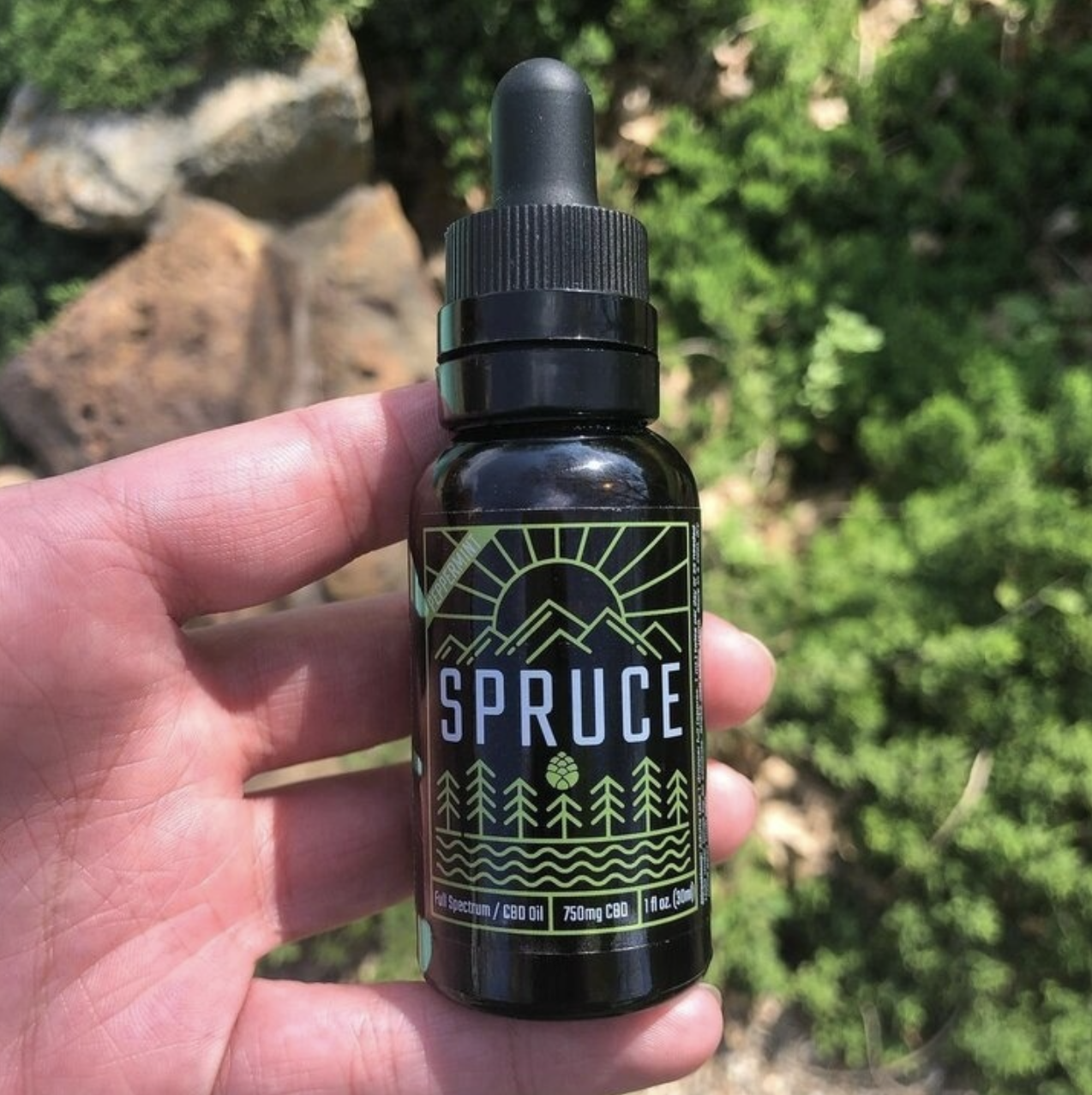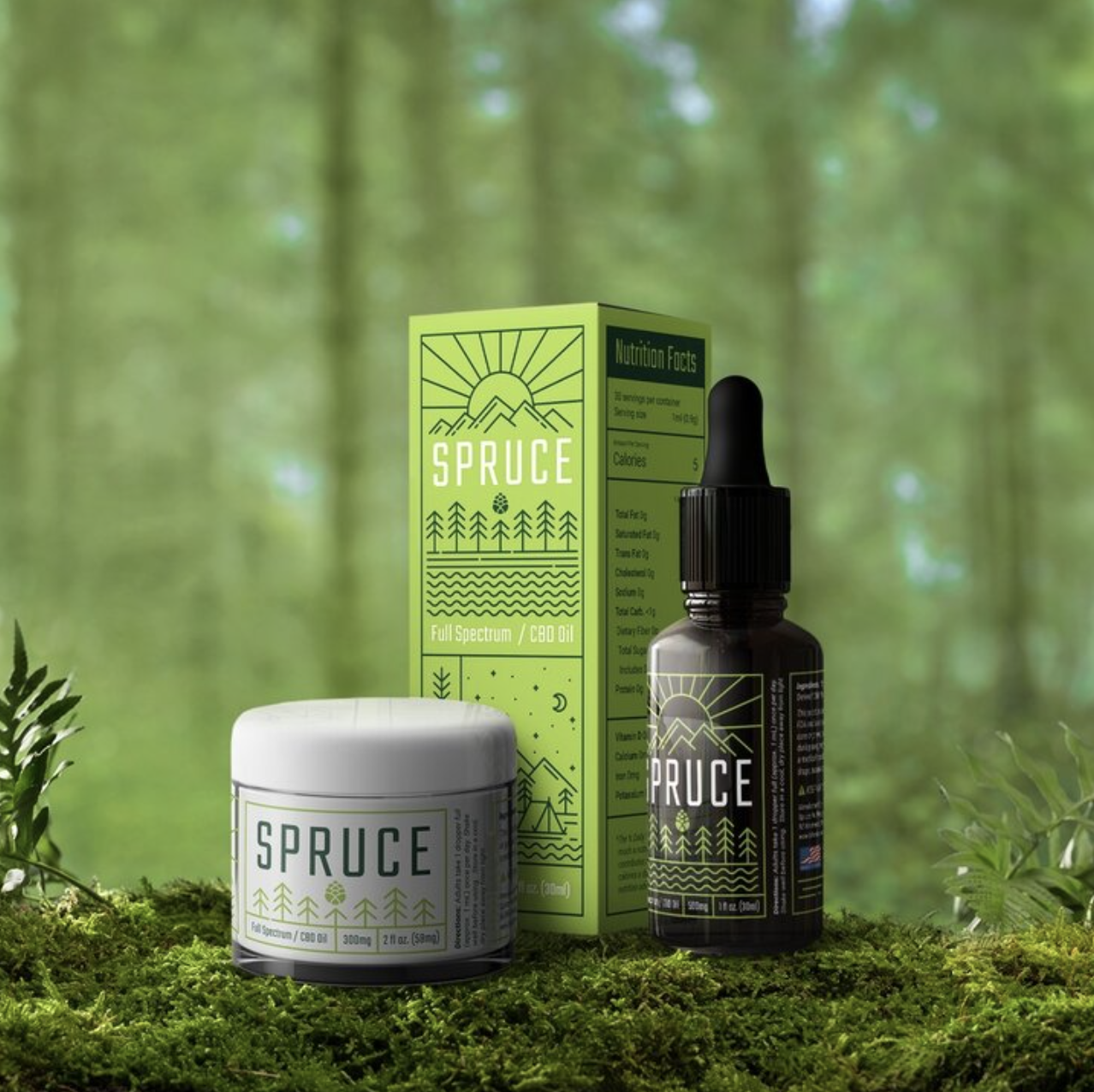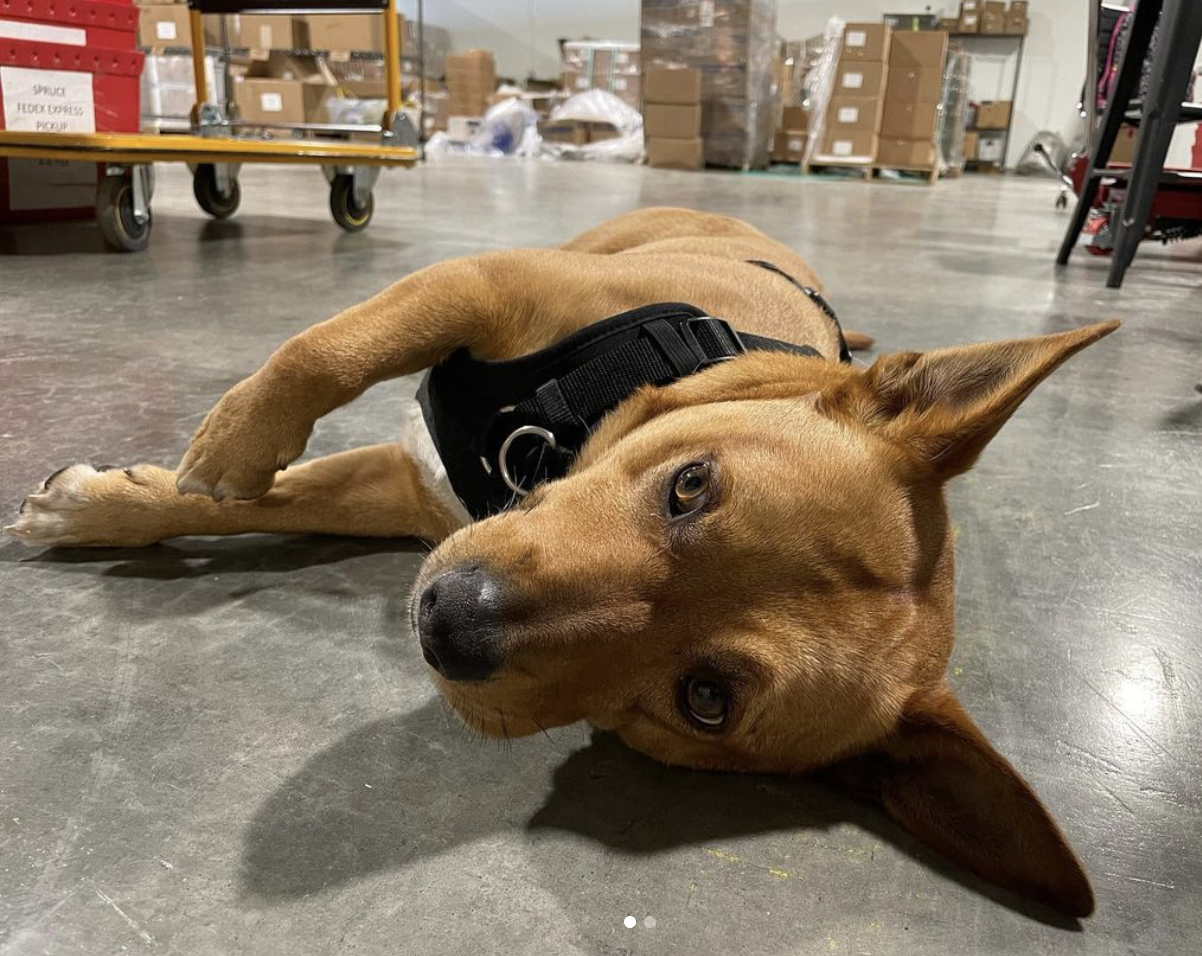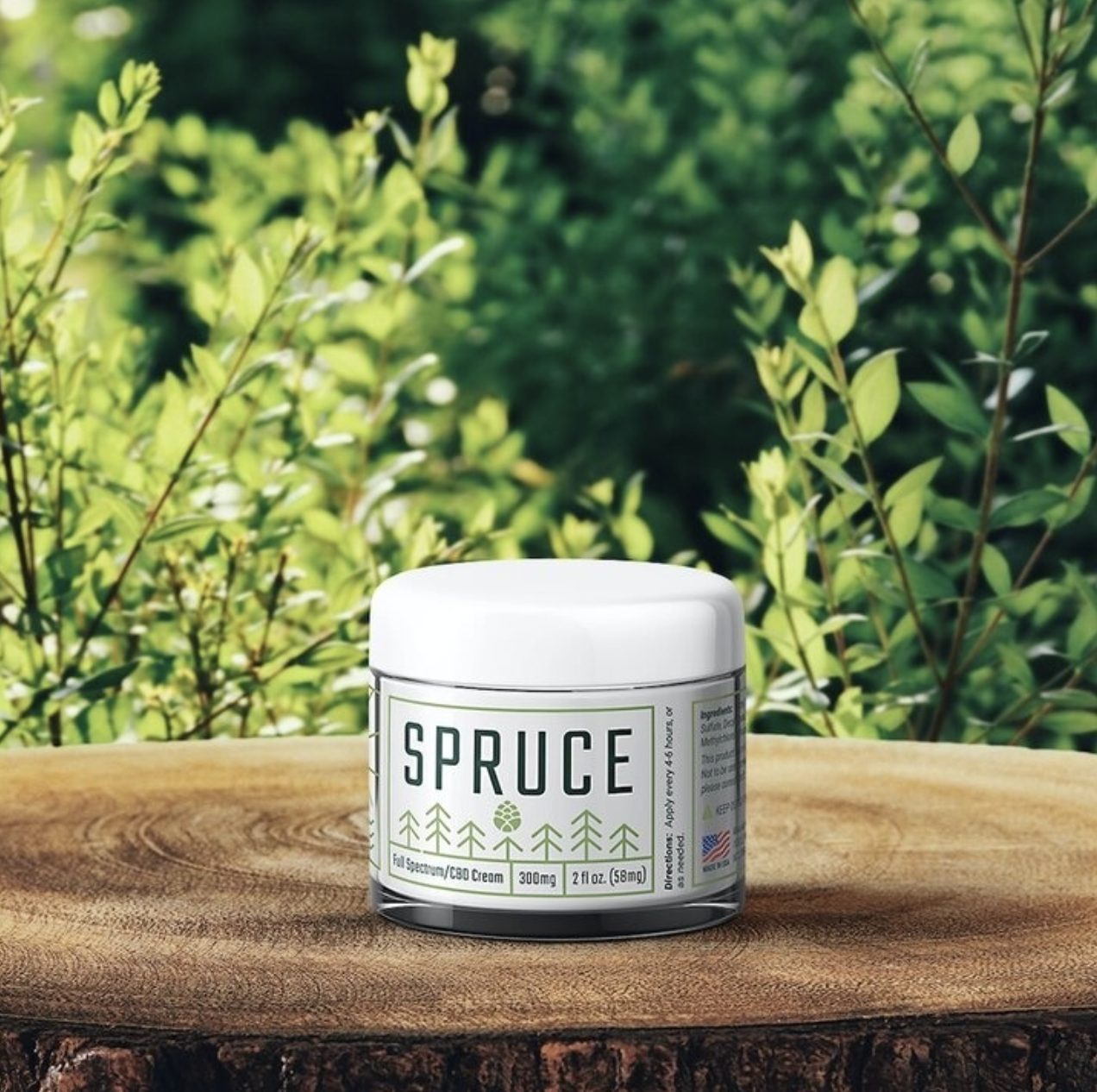How Much Does CBD Oil Cost? What You Can Expect To Pay
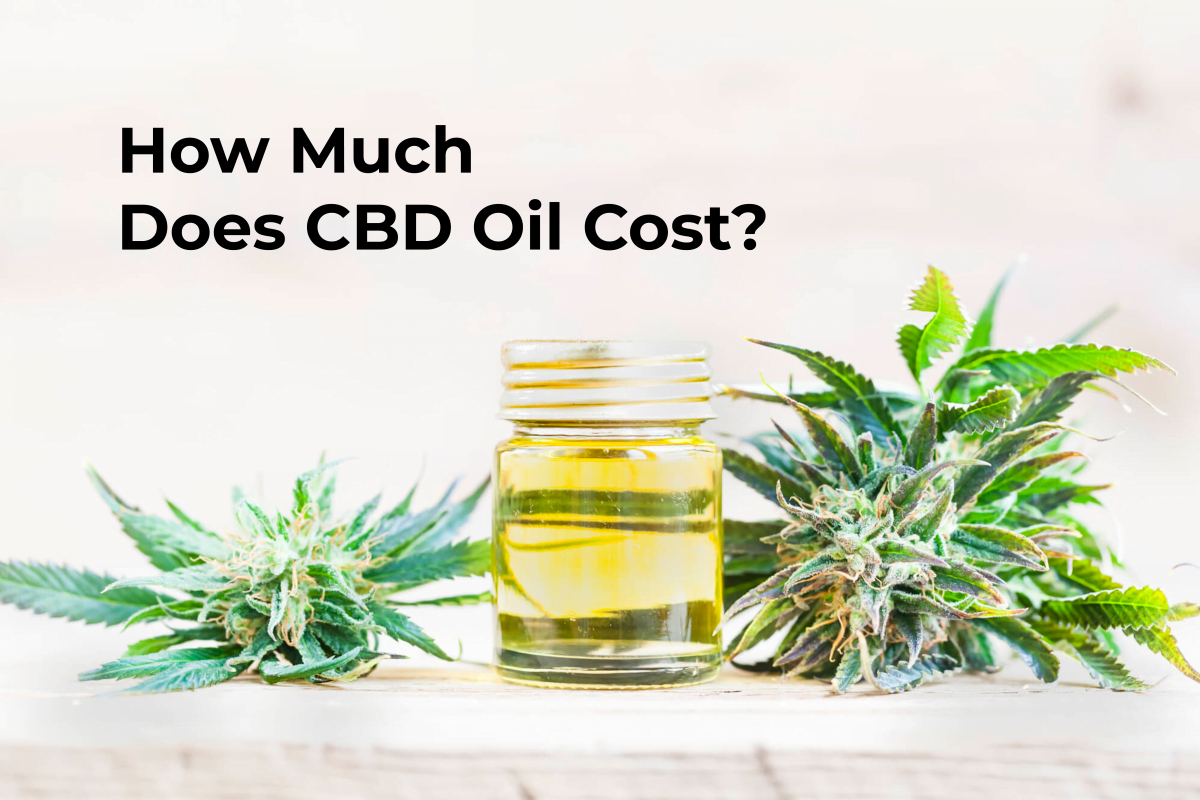
How much does CBD oil cost? If you’re exploring the benefits of CBD oil, one of your first questions is likely about pricing. CBD oil has gained immense popularity for its potential health benefits, but the cost can vary widely and is often rather high.
Understanding what influences CBD oil prices can help you make an informed decision so that you can get the best value for your money. Whether you’re a first-time buyer or a seasoned user, knowing how to evaluate cost in relation to quality is important.
We’ll break down the factors that impact CBD oil prices, explain what you can expect to pay, and provide tips for saving money without compromising on quality.
Factors That Impact CBD Oil Prices
Some CBD products cost significantly more than others, and CBD oil prices can seem unpredictable and even outrageous. Several key factors influence these price variations, and understanding these factors can help you get the best balance of quality and cost.
Type of CBD Oil
The type of CBD oil—full-spectrum, broad-spectrum, or isolate—plays a significant role in determining the price.
Full-spectrum CBD oil, which contains the complete profile of cannabinoids, terpenes, and other beneficial compounds from the hemp plant, tends to be more expensive due to the complexity of its extraction process and the entourage effect it offers.
Broad-spectrum CBD oil, which is similar but contains no THC, also falls in the higher price range.
CBD isolate, which contains pure CBD with no other cannabinoids, is usually the most affordable option, though it lacks the additional benefits provided by the other compounds found in full- and broad-spectrum oils.
Type of CBD Product
The form in which CBD is delivered also impacts the cost. Oils typically offer more CBD per dose and are more cost-effective over time. In contrast, products like gummies or topicals may have a high price tag due to additional ingredients and the complexity of manufacturing.
For instance, CBD-infused skincare products often contain other high-end ingredients like essential oils or botanicals, which increase the price.
Therefore, while oils and tinctures might offer the best value per milligram of CBD, other products provide convenience or added benefits that justify their higher cost.
Brand
Established brands with a strong reputation in the industry often charge more for their products, reflecting their investment in quality control, third-party testing, and sustainable practices. These brands may also offer higher transparency regarding their sourcing and production methods, giving consumers confidence in their purchase.
Newer or less well-known brands might offer lower prices to attract customers, but this can sometimes mean compromises in quality or consistency. Choosing a reputable brand often ensures a higher-quality product, even if it comes at a higher price.
Number and Quality of Ingredients
The ingredients in a CBD product, beyond the CBD itself, significantly affect the CBD oil cost. Products with a higher number of natural, organic, or specialty ingredients, such as organic MCT oil, essential oils, or additional cannabinoids like CBG or CBN, are typically more expensive.
The quality of these ingredients also matters—organic or sustainably sourced ingredients often come at a premium. The investment in higher-quality ingredients often results in a more effective product but, of course, the price will be greater
Potency of Product
The potency of a CBD product—measured in milligrams of CBD per serving—directly influences its price. Higher potency CBD oils, such as those containing 1,000 mg of CBD or more, are more expensive due to the increased concentration of CBD.
However, while the upfront cost is higher, these products may offer better value in the long run because smaller or fewer doses are needed to achieve the desired effects.
Conversely, lower potency products may be cheaper initially but may require more frequent purchases to achieve the same benefits, ultimately leading to higher overall costs.
Growing and Production Costs
The cultivation and production processes of the hemp used to make CBD oil also contribute to the final price. Organic farming practices, which avoid the use of pesticides and synthetic fertilizers, are more labor-intensive and yield lower amounts of hemp per acre, which drives up costs.
Additionally, the extraction method used—whether CO2 extraction, which is more expensive, or ethanol extraction—can also impact the price. Products made with organically grown hemp and extracted using advanced methods are often more expensive but offer higher purity and fewer contaminants, providing a better overall value.
How To Calculate the Cost per Milligram of CBD Products
Calculating the cost per milligram of CBD is a straightforward way to determine the value of a product. Here’s how you can do it in just a few simple steps:
- Find the total price of the product: This is the final cost for the CBD product, including any taxes or shipping fees.
- Determine the total amount of CBD in milligrams: Look at the product label to find out how many milligrams (mg) of CBD are in the entire product. This information is usually listed on the front of the packaging.
- Divide the total price by the total milligrams of CBD: Take the total price of the product, and divide it by the total amount of CBD in milligrams. The result will give you the cost per milligram of CBD.
For example, if you purchase a 30-ml bottle of CBD oil for $60, and the bottle contains 1,200 mg of CBD, the calculation would look like this:
- Total price: $60
- Total CBD: 1,200 mg
- Cost per milligram: $60 ÷ 1,200 mg = $0.05 per mg
What You Can Expect To Pay for CBD Products
On average, a 1-ounce (30 milliliters) bottle of CBD oil costs between $35 and $250, but prices vary widely based on a number of factors.
When it comes to CBD products, the sticker price can be deceiving. A product that appears inexpensive might not offer the best value, and a pricier option could actually save you money in the long run.
This is where the cost per milligram of CBD comes into play—it provides a more accurate way to assess value.
By calculating the cost per milligram, you can compare different products on an even playing field, regardless of their size, format, or total CBD content. This approach ensures you’re getting the most CBD for your money, which helps you make smarter purchasing decisions.
| Type of CBD Product | Average Cost per Milligram |
| CBD oil | $0.05 – $0.15 |
| CBD gummies | $0.09 – $0.20 |
| CBD cream | $0.10 – $0.25 |
| CBD lotion | $0.10 – $0.25 |
| CBD salve | $0.12 – $0.30 |
| CBD softgels | $0.08 – $0.15 |
| CBD vape pen cartridges | $0.07 – $0.20 |
Most Cost-Effective CBD Products
When it comes to getting the most value for your money, CBD oils come out on top. CBD oils typically offer the lowest cost per milligram of CBD, which makes them the most cost-effective option for regular users.
This is largely because oils (often called tinctures) are highly concentrated, allowing you to get a significant amount of CBD in just a few drops. Additionally, the versatility of CBD oil—whether taken sublingually, added to food, or incorporated into a topical—adds to its overall value.
In comparison, other products like gummies, capsules, and topicals tend to be more expensive per milligram of CBD. This higher cost can be attributed to additional ingredients, more complex manufacturing processes, and the convenience they offer.
For example, CBD gummies are pre-dosed and easy to take on the go, while topicals like creams and lotions provide targeted relief but often require larger amounts of product to produce the same effect that an oil would.
While CBD oils are typically the best value, it’s important to consider your personal needs and preferences. If you prefer the taste and convenience of gummies or the targeted application of a topical, these products might offer better value for your specific situation, even if they cost more per milligram.
How To Save Money on CBD Oil
Saving money on CBD oil doesn’t mean sacrificing quality. There are several strategies you can use to get the most value for your purchase.
One of the easiest ways to save is by taking advantage of coupons, discounts, and sales offered by reputable brands. Many CBD companies offer discounts for first-time customers, loyalty programs, or seasonal sales, which can significantly reduce the cost of your purchase.
Signing up for newsletters or following your favorite brands on social media can also keep you informed about special promotions.
Another effective way to save is by choosing products with a low cost per milligram of CBD. Calculating the cost per milligram allows you to compare different products and select the one that offers the most CBD for your money.
Buying in bulk is another smart strategy. Many brands offer discounts for larger quantities, such as buying a three-month supply instead of a single bottle. While the upfront cost may be higher, the long-term savings are often substantial.
Additionally, consider purchasing directly from the manufacturer’s website rather than third-party retailers. This can often yield lower prices and access to exclusive deals.
Finally, keep an eye out for subscription services. Many CBD companies offer subscription options that provide regular deliveries at a discounted rate. This not only saves you money but also ensures you never run out of your preferred CBD product.
Purchasing Top-Quality CBD Oil: What To Look For
First and foremost, always check for a Certificate of Analysis (COA). A COA is a document provided by a third-party lab that confirms the CBD product has been tested for potency and purity.
It should verify that the product contains the advertised amount of CBD and is free from harmful contaminants like heavy metals, pesticides, and residual solvents. Reputable brands will make their COAs readily available on their website or upon request.
Next, consider the ingredients used in the CBD oil. Top-quality CBD products often use all-natural or organic ingredients, including the hemp from which the CBD is derived. Additionally, look for products that use natural carriers like organic MCT oil, and avoid artificial additives, flavors, or preservatives.
Online reviews are another valuable resource when assessing the quality of a CBD oil. Reviews from other customers can provide insights into the product’s effectiveness, taste, and overall experience. Read reviews critically, focusing on detailed and balanced feedback rather than overly positive or negative comments.
Transparency from the brand is also a strong indicator of quality. Companies that are open about their sourcing, production methods, and testing practices are generally more trustworthy than those that provide little information about their practices. Look for brands that provide detailed information about their hemp sourcing, extraction methods, and commitment to quality.
Final Thoughts
Understanding the costs associated with CBD oil can empower you to make smarter purchasing decisions and get the best value for your money. By considering factors such as product type, ingredient quality, and cost per milligram, you can find a CBD oil that fits both your needs and your budget.
As you explore your options, keep in mind that the true value of a CBD product extends beyond its price tag. In the end, the question of how much does CBD oil cost should be answered with a clear understanding of what you’re getting for your investment.
Shop Spruce CBD oils today to find high-quality, high-potency full-spectrum CBD oils sourced from specially selected heirloom hemp and made with only all-natural ingredients.
Frequently Asked Questions
Is CBD oil very expensive?
CBD oil prices vary widely based on factors like concentration, brand, and quality. While some high-quality options can be expensive, looking for bulk purchases or high-potency products can offer better value and reduce overall costs. Avoid products with prices that seem too good to be true.
Why is CBD so expensive now?
CBD prices have increased due to high demand, stricter regulations, and costly production processes. Factors like organic farming, advanced extraction methods, and third-party testing drive up the costs. To get the most value, buy according to cost per milligram rather than the total product cost.
Is it cheaper to buy CBD online?
Buying CBD online is often cheaper due to lower overhead costs and direct-to-consumer sales. Online retailers frequently offer discounts, bulk purchase options, and special promotions, making it a cost-effective choice. Look for retailers that offer free shipping to further reduce costs.
How much CBD oil for first-time use?
For beginners, a daily dose of 5-10 milligrams of CBD oil is recommended. Start with a low dose, and gradually increase it until you find the optimal amount for your needs, adjusting based on your body’s response. You should notice better results the longer you use CBD consistently.
What is the most cost-effective way to use CBD oil?
CBD oil is usually the most cost-effective option due to its high concentration. Using it sublingually (under the tongue) allows you to maximize its value and effectiveness per milligram because the body absorbs the oil directly into your bloodstream.
Does CBD really take pain away?
CBD may help manage pain for some people by interacting with the body’s endocannabinoid system. Maintaining consistent levels of CBD in your bloodstream is the best approach for pain management. Its effectiveness varies among individuals, and it’s not a guaranteed solution for all types of pain.
What is the downside of CBD oil?
Potential downsides of CBD oil include possible side effects such as dry mouth, drowsiness, fatigue, dizziness, digestive upset, and changes in appetite. It may also interact with certain medications, and its effectiveness can vary from person to person.
What is the most trusted brand of CBD?
Trusted CBD brands are known for their transparency, quality, all-natural ingredients, and third-party testing. Reputable brands such as Spruce are highly regarded for their reliable and potent products, adherence to high standards, and commitment to safety.


